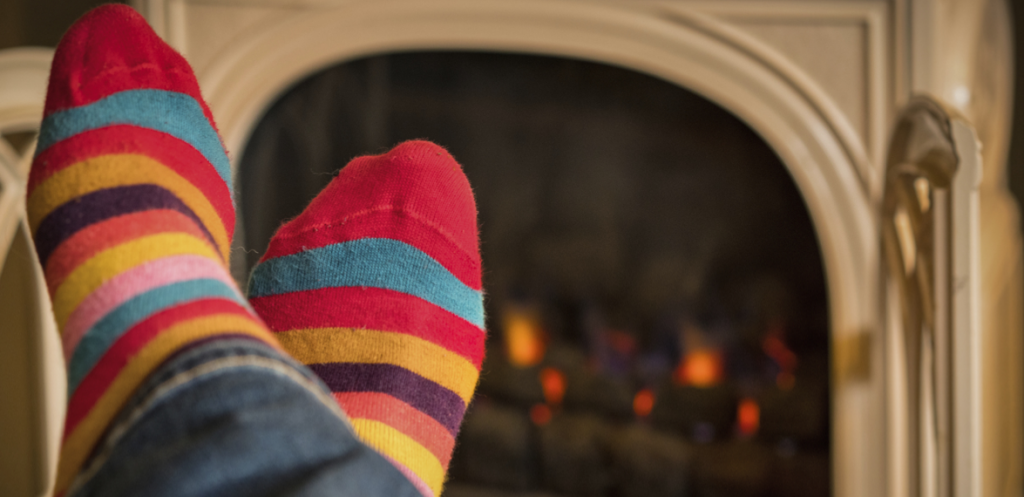Stay warm this fall and winter while keeping energy costs down

Just as we head into fall and winter, energy costs are rising across the country. According to the Consumer Price Index, energy costs nationally are up 25% from this time last year. That can cut into family budgets and mean less money for holiday shopping.
Energy Trust of Oregon, a nonprofit that helps people cut energy use, has some easy ways Oregon families can use less energy while also keeping their homes warm. According to the U.S. Department of Energy, tips like these could help save an average of $283 or more every year.
“If your home is leaking air, it can feel like you’re fighting an uphill battle to heat your home,” said Scott Leonard, residential spokesperson with Energy Trust. “By taking steps like sealing leaks, adding rugs to cover bare floors and simply opening the blinds, you can save money on your energy bill and keep your family comfortable.”
Here are Energy Trust’s top tips for keeping your home warm while saving money on your energy bill this fall and winter. It’s also a great time to schedule maintenance service. With product shortages and busy contractors, planning ahead will keep you warm. For more energy-saving DIY tips, visit energytrust.org/residential/DIY.
Set the temp: At night or when no one is home, save on energy costs by lowering your thermostat to 58-60 degrees. When you’re home, keep the thermostat at 65-68 degrees.
Seal those gaps: Small gaps and cracks in a typical home can add up to the same loss of energy and comfort as leaving a window open year-round. Use caulk or spray foam to seal small holes and cracks and use weather stripping and door sweeps to seal drafty windows and doors.
Take advantage of the sun: Heat your home with help from the sun by leaving window shades or blinds open during the daytime. At night, close the window coverings to help keep the heat in.
Check air filters once a month and schedule maintenance: During the coldest months when your heating system is working its hardest, check your air filter and change it if it looks dirty. A dirty air filter will slow airflow and make the heating system work harder and waste energy. Now’s the time to schedule maintenance service for your heating system. An HVAC specialist can help catch issues before you’re left in the cold.
Find support: If you need assistance with utility bills, check with your utility for options and programs. And the Weatherization Assistance Program is a federally funded program that provides income-qualified households with home weatherization services. Learn more and see if you qualify at bit.ly/3iDdj8S.



Advertisement